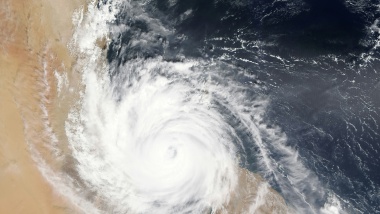Though the risks posed by climate change are many and multifaceted, research into the effects on the insurance industry has mostly focused on property and casualty (P&C) lines of business. The implications for health and life insurers are less well understood.
Climate change adversely affects human health, as well as its social determinants, in numerous ways. Extreme weather events cause injuries and fatalities; nature and biodiversity loss contributes to the spread of vector-borne diseases; and climatic shifts exacerbate many chronic morbidities and can lead to displacement. Heat exposure can also impair worker productivity, and all of these factors may have negative impacts on mental health.
This report assesses the implications for life and health insurers, classifying threats related to morbidity and mortality into four categories: acute, chronic, transition and litigation. It finds that the short-term consequences for the sector have so far been limited. However, the frequency and severity of climate events are expected to increase in the coming years. With over 40% of the world’s population residing in climate-vulnerable locations, the shocks felt by health and life insurers are therefore likely to become more severe in the long term.






